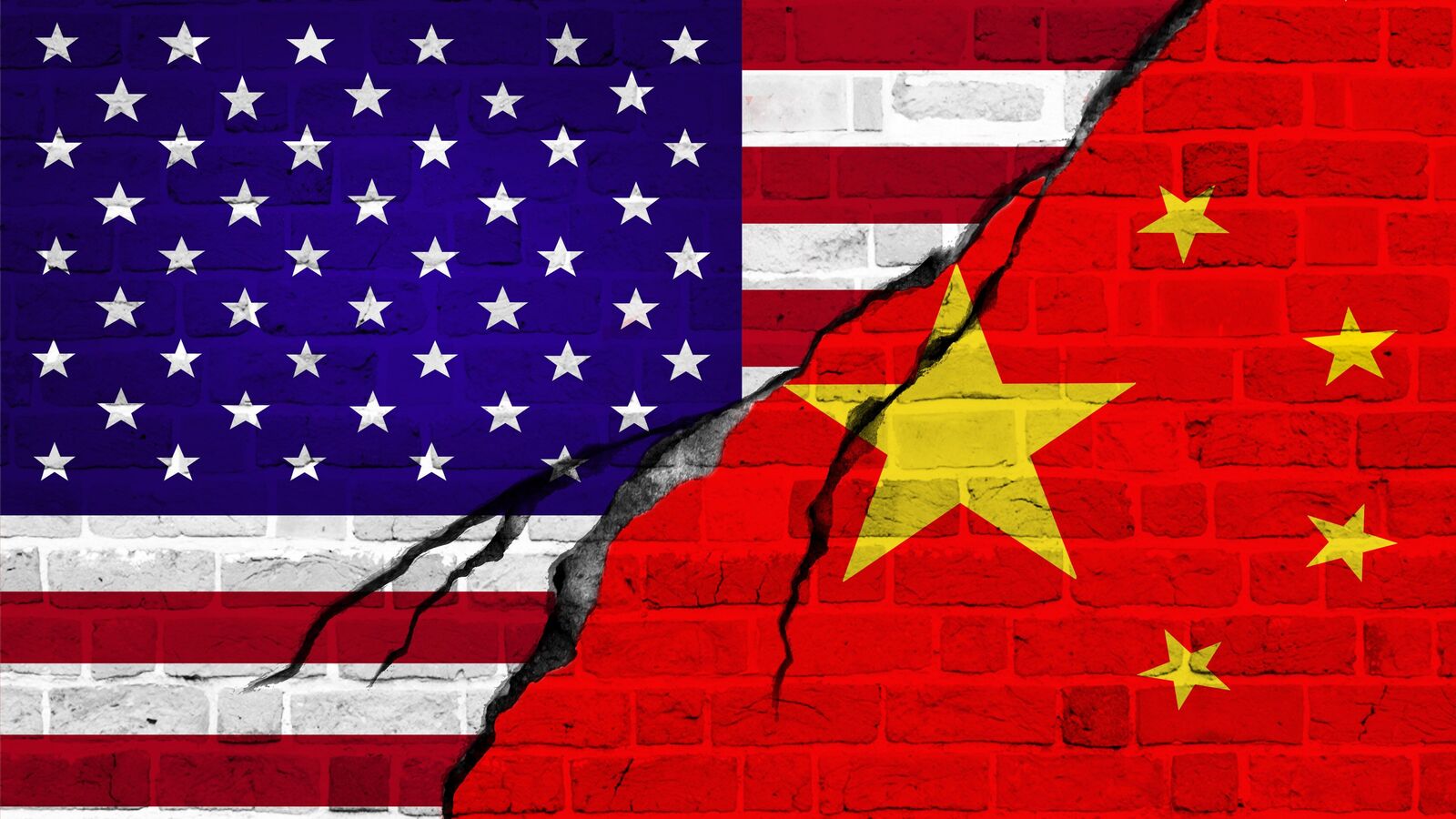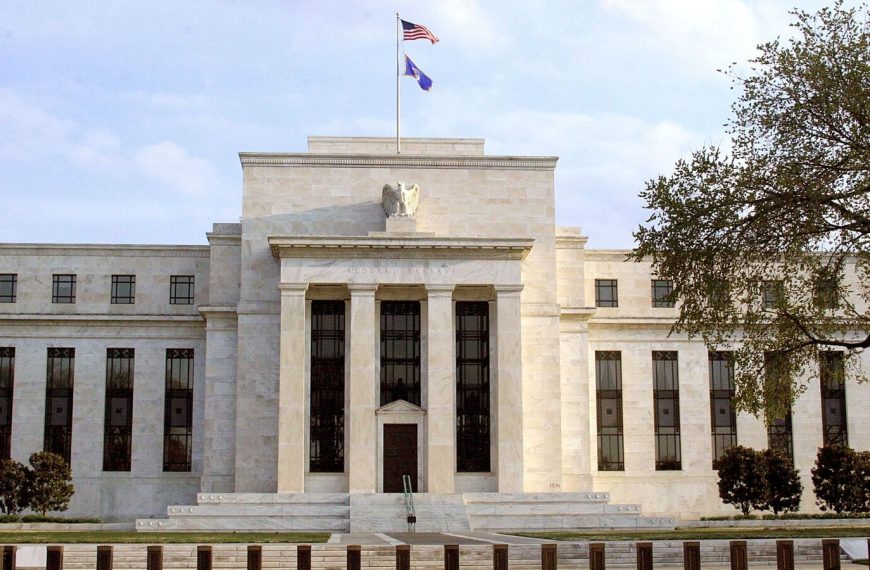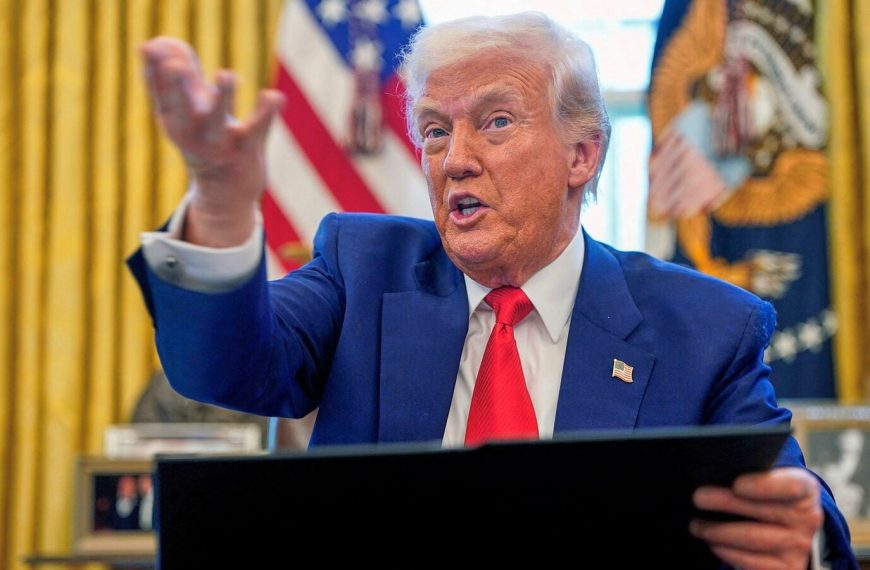China’s Commerce Minister, Wang Wentao, recently expressed serious concerns about the impact of U.S. tariffs on poorer nations during a conversation with the head of the World Trade Organization (WTO). This statement highlights the escalating tensions between the United States and China, which have engaged in a back-and-forth exchange of tariffs that could potentially destabilize the global economy and harm vulnerable countries.
Rising Trade Tensions Between the U.S. and China
The ongoing trade conflict between the world’s two largest economies has raised alarm bells among economists. As both nations impose increasingly higher tariffs, global markets are experiencing significant fluctuations. The potential for a full-scale trade war has become a pressing topic, with experts predicting that consumer prices may soar and the risk of a global recession could loom large.
- Key Points:
- U.S. tariffs could severely affect developing nations.
- Wang warned that these tariffs might even lead to a humanitarian crisis.
- Continuous U.S. tariff measures are creating instability both domestically and internationally.
In a recent statement, Wang noted that the U.S. reciprocal tariffs would "inflict serious harm on developing countries, especially the least developed," emphasizing the urgent need for a reevaluation of these trade policies. He elaborated that the U.S. has introduced numerous tariff measures, creating chaos and uncertainty in the global market.
China’s Response to U.S. Tariffs
In retaliation, China announced a staggering 125% tariff on U.S. goods, closely mirroring the 145% tariffs imposed by the U.S. on Chinese imports. Interestingly, China has indicated it will disregard any further tariffs introduced by President Donald Trump, stating that purchasing from the U.S. no longer makes economic sense.
Moreover, China plans to challenge the recent tariffs at the WTO, dismissing Trump’s aggressive tactics as merely a "numbers game." The repercussions of this tariff escalation have led to significant market volatility, with stock prices fluctuating, gold values rising sharply, and U.S. government bonds facing pressure.
The Scale of Trade Between the Two Giants
Trade between the U.S. and China is immense, with Chinese exports to the U.S. surpassing $500 billion last year alone, accounting for 16.4% of China’s total exports. Despite the escalating tariffs, Trump asserted that his tariff strategy is "doing really well," even as he postponed punitive measures against other trading partners for three months — a decision that came after trillions were wiped from global markets.
Taiwan’s Tariff Discussions with the U.S.
In a related development, Taiwan’s government has initiated discussions regarding tariffs with the United States. President Lai Ching-te announced that Taiwan is on the U.S. government’s priority list for negotiations, aiming to protect its exporters from a 32% tariff. Currently facing a 10% tariff, Taiwan is eager to negotiate a reduction to zero.
- Discussion Highlights:
- Taiwan’s trade surplus with the U.S. reached $73.9 billion in 2024.
- Approximately 60% of Taiwan’s exports to the U.S. consist of information and communication technology products, including semiconductors.
Taiwan’s Office of Trade Negotiations revealed that officials recently held a video conference with U.S. counterparts to discuss reciprocal tariffs, non-tariff barriers, and other economic issues, including export controls. As these discussions progress, the potential for a more stable trade relationship between Taiwan and the U.S. looks promising.
In summary, as the U.S.-China trade saga unfolds, the implications for global markets and developing nations remain significant. The ongoing negotiations and tariff adjustments will undoubtedly play a crucial role in shaping the future of international trade relations.











